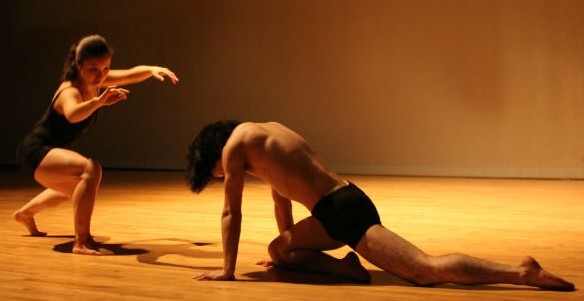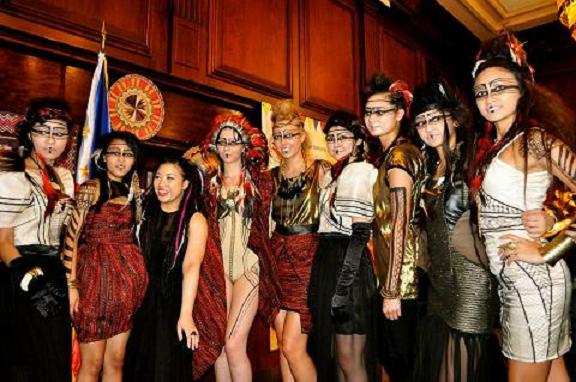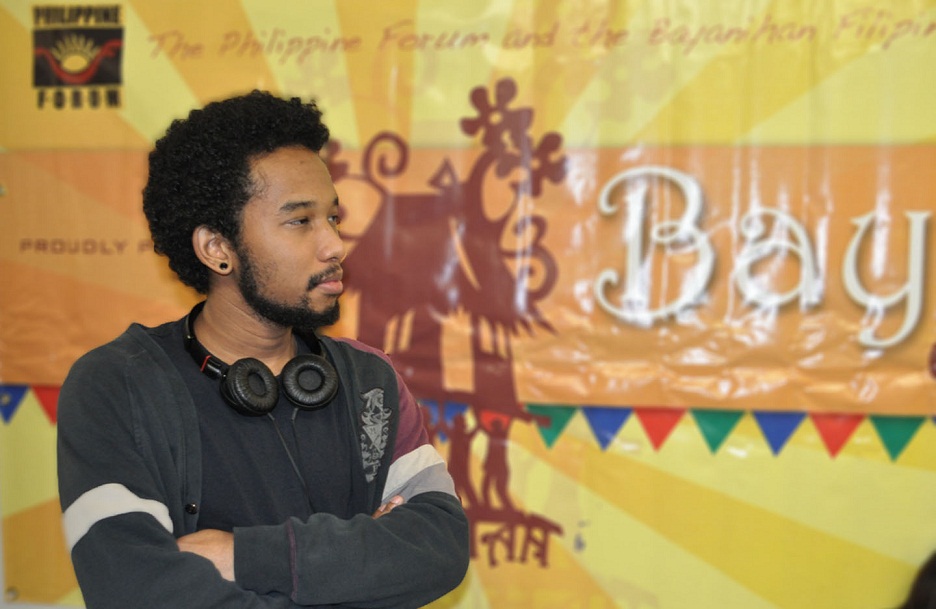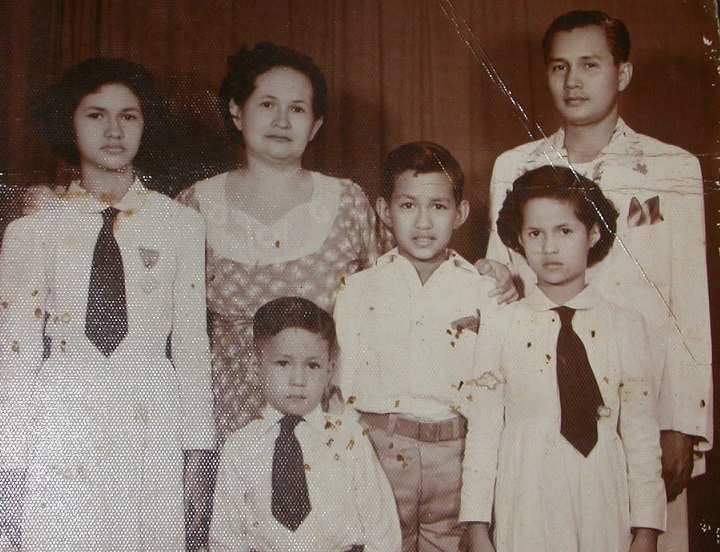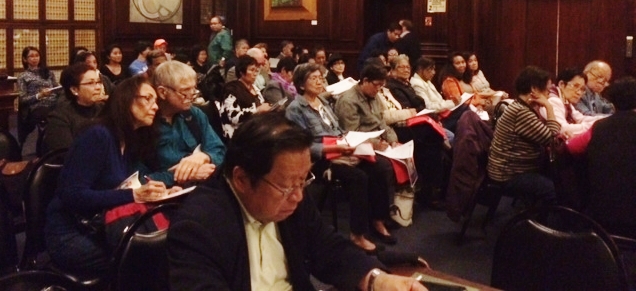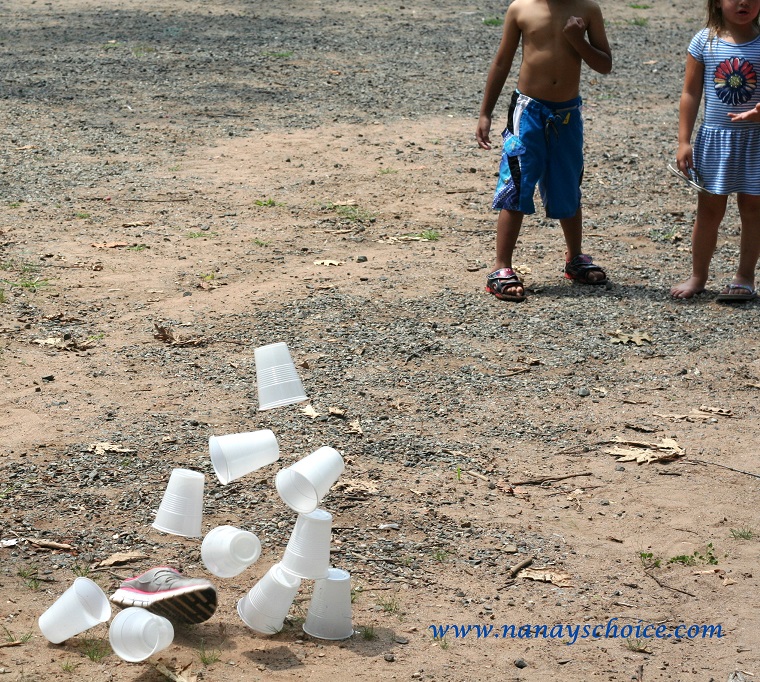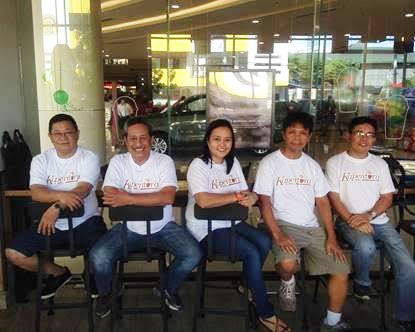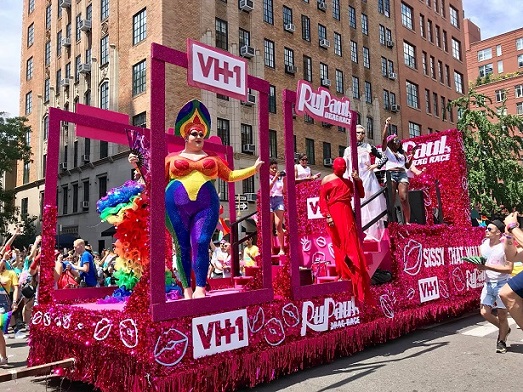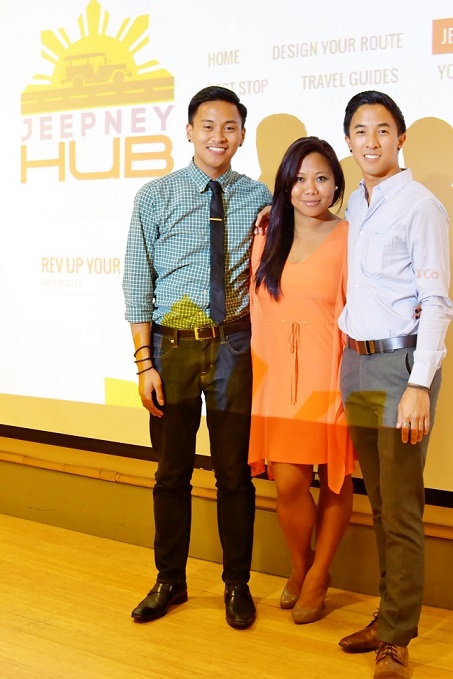On board Kate Blanco’s Jeepney Hub
By Maricar CP Hampton & Cristina DC PastorFor one who came to the United States at age 18, Kate Nicole Blanco has stared in the face the struggles of one trying to get started, assimilate and survive, belatedly, in America.
The first hurdle: language and accent.
“I have to tell people that I was born and raised there (Philippines) because they can barely hear it when I speak English,” she said when interviewed by The FilAm. “That was my first challenge.”
She remembered an interview with Barnes and Noble where she uttered mostly “Ums” because she said she could not express herself clearly.
“I was interpreting it in basically Ilocano to English and sometimes in Ilocano to Tagalog to English. So the language barrier is for me the biggest thing,” she said recalling it all with laughter now.
But the Ilocos Norte-born Kate is forging on while finding her niche in this country. A recent graduate of University of California, Berkeley School of Law, she was offered a position at the NAACP Legal Defense and Educational Fund and will be working with the organization’s economic justice group starting September 9. Meantime, this would-be lawyer is busy apartment hunting in New York as she awaits the results of the New York State bar exam to be released in November.
Kate and two friends founded Jeepney Hub in San Francisco this year, an online resource that provides Filipino American youth and young professionals with career guidance, resources, and inspiration through the success stories of FilAms. Co-founders are Kate’s Bay Area friends Jason Tengco, advisor on Public Engagement for the White House Initiative on Asian Americans and Pacific Islander, and JC De Vera also from UCLA.
“There is something to be said about hearing the story of FilAms who have made it. It sends a message that if he/she made it, I can too.”
Kate spoke to The FilAm about the beginnings of Jeepney Hub, and why she believes it creates a pathway toward professional mentorship for young FilAms.
TF: How did the idea of Jeepney Hub come about?
KB: I’ve counseled FilAm students in the past as a part of a student-run and student-initiated project at UCLA called Samahang Pilipino Education and Retention project. As a student counselor, I assisted students in addressing issues that had the potential of hindering the students’ success in college and posed a barrier to graduation. Many of those issues were related to our culture: expectations from family and attitudes about asking for help, dealing with difficult conversations, speaking to professors, and being assertive in pursuing careers of their choice.
What was missing was the follow-up: What happens to these students after graduation? Often, we don’t hear of what happened to them, we don’t stay in touch again, and we don’t follow up. The other question is, are we helping them enough to prepare for the tough road after college? And what about those who never make it to college, who’s helping them out? I’ve been thinking about providing this kind of resource for a very long time.
TF: Why do FilAms need some kind of career coaching?
KB: I believe that we could all use it. It’s the ability for other Filipino Americans who have made it to provide it to our youth and young professionals who are still trying to figure out their own way. It makes a lot of difference to see someone who looks like you, and understands your background and culture providing you with guidance and encouragement.
TF: What do you want to achieve at Jeepney Hub?
KB: I want to see a much stronger and united Filipino American community that is invested in the future of its youth and young professionals, not only through leadership development but career development and scholarships.
TF: Explain to us the value of mentorship to FilAm youth and young professionals?
KB: Mentorship is a very loaded word that I find to have different definitions. But at a minimum, it is a means by which we can encourage and guide others as they pursue a specific career. Life isn’t meant to be a solitary journey. Aside from our family and friends, our mentors are those people who make the journey easier to bear.
TF: Who were your mentors growing up?
KB: I’ve had many. One in particular, and I will never forget him, was my professor in Political Science. At that point, I had barely migrated to the U.S. with my family and I was still getting used to speaking English 24/7. I used to hide in the library after my classes to finish my work and read books that many of my classmates had already read having attended high school in the U.S. That particular professor saw a potential in me that even I did not recognize. He encouraged me to join the Model United Nations team for our city college. It’s a mock United Nations conference where we were required to research the issues to be discussed in the mock conferences and to speak on behalf of the country we were assigned. Because of him, I am now a more confident public speaker. But most importantly, he showed me that there is nothing you can’t conquer with someone having your back and believing in your potential.

